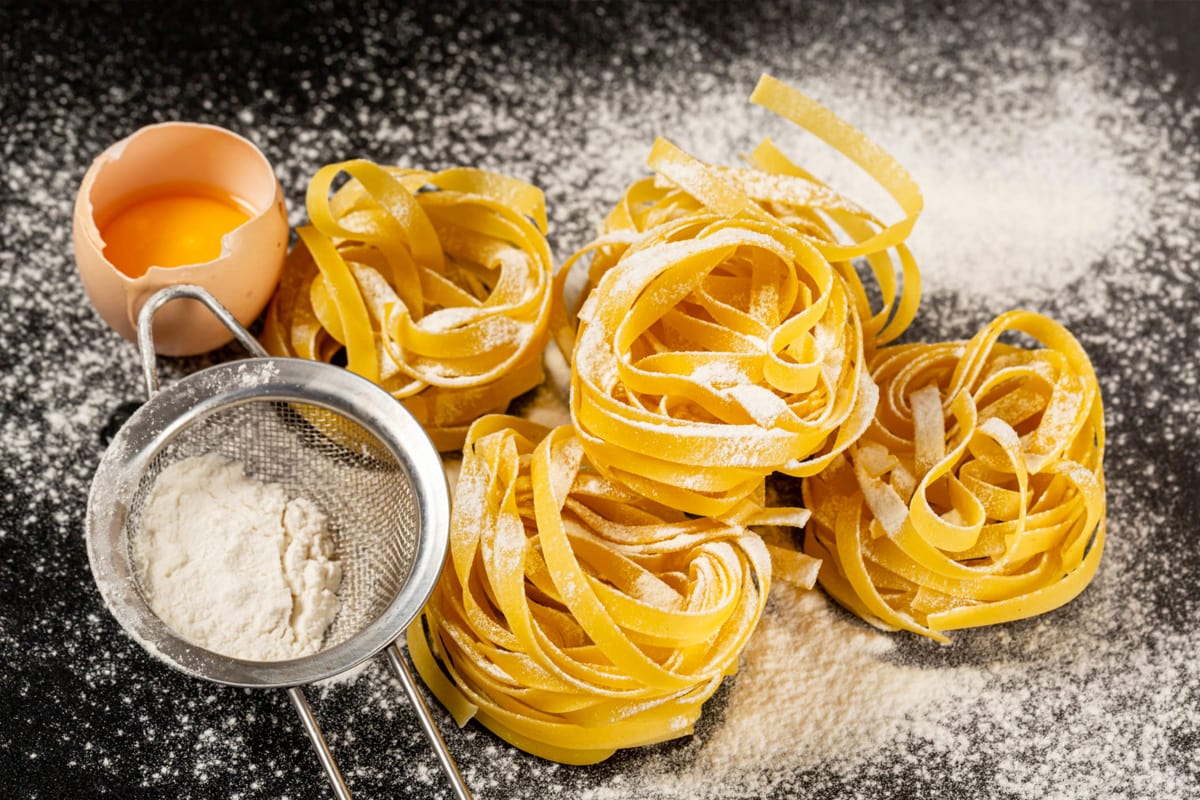

Articles
How To Store Egg Noodles
Modified: February 27, 2024
Discover the best way to store egg noodles and keep them fresh. Read our detailed articles on proper storage techniques and tips.
(Many of the links in this article redirect to a specific reviewed product. Your purchase of these products through affiliate links helps to generate commission for Storables.com, at no extra cost. Learn more)
Introduction
Welcome to the world of egg noodles! These versatile and delicious pasta strands are a staple in many cuisines, with their delicate texture and ability to soak up flavors. Whether you have made a large batch of homemade egg noodles or purchased a package from the store, proper storage is essential to maintain their freshness and quality.
In this article, we will guide you through the process of storing egg noodles to ensure they stay in great condition for future use. We will cover everything from choosing the right container to reheating and using stored noodles. So, let’s dive in and learn how to store egg noodles like a pro!
Key Takeaways:
- Store egg noodles in airtight containers, whether glass jars, plastic containers, resealable bags, or vacuum sealers, to maintain freshness and prevent spoilage.
- When reheating stored egg noodles, thaw frozen noodles before heating, and avoid re-storing leftover reheated noodles for the best texture and flavor.
Read more: How To Store Cooked Egg Noodles
Step 1: Choosing the Right Container
The first step in storing egg noodles properly is to select a suitable container. The container you choose should be airtight to prevent moisture and air from seeping in, which can lead to the noodles becoming stale or developing off flavors.
There are several options to consider when it comes to choosing the right container for egg noodles:
- Glass Jars: Glass jars with tight-fitting lids are an excellent choice for storing egg noodles. They are transparent, allowing you to easily see the contents inside, and they do not retain odors. Mason jars or any glass jars with airtight seals work well.
- Plastic Containers: If using plastic containers, make sure they are food-grade and have airtight seals. Look for containers that are microwave and freezer-safe, as this will give you flexibility when it comes to reheating and freezing the noodles.
- Resealable Bags: Zip-top resealable bags are a convenient and space-saving option for storing egg noodles. Make sure to choose high-quality bags that are sturdy and have strong seals to prevent any leaks or air exposure.
- Vacuum Sealer: For maximum freshness and long-term storage, consider using a vacuum sealer. This device removes air from the bag, sealing the noodles tightly and extending their shelf life.
No matter which container you choose, it is important to clean and dry it thoroughly before adding the egg noodles. Any residual moisture can lead to the growth of mold or bacteria, compromising the quality of the noodles.
Once you have selected the container, it’s time to move on to the next step: preparing the noodles for storage.
Step 2: Preparing the Noodles for Storage
Before you store your egg noodles, it’s important to take a few preparatory steps to ensure their quality and longevity. Here’s how to prepare your noodles for storage:
- Cook the Noodles: If you have freshly made egg noodles, you need to cook them before storing. Follow the instructions on the package or your recipe to cook the noodles until they are al dente. Overcooking them can result in mushy noodles once they are reheated.
- Cool and Dry: After cooking, drain the noodles thoroughly and spread them out on a baking sheet or clean surface. Allow them to cool completely to room temperature. It’s important to ensure that there is no excess moisture on the noodles before storage, as this can lead to clumping and spoilage.
- Add Oil: To prevent the noodles from sticking together, you can toss them with a small amount of oil. Use a neutral oil like vegetable or canola oil and give the noodles a gentle toss to coat them lightly. This will help keep the noodles separate and prevent them from forming a solid clump.
- Portion the Noodles: If you know you will be using only a certain portion of noodles at a time, consider dividing them into smaller portions before storage. This way, you can easily take out the amount you need without having to thaw or defrost the entire batch.
By following these preparation steps, you are setting your egg noodles up for successful storage. Now, let’s move on to the next step: storing the noodles in the pantry.
Step 3: Storing the Noodles in the Pantry
If you plan to use your egg noodles within a few weeks, storing them in the pantry is a convenient option. However, it’s important to ensure that the pantry conditions are suitable for storage.
Here’s how to store your egg noodles in the pantry:
- Choose a Cool and Dark Spot: Find a cool and dark area in your pantry to store the noodles. Avoid places that are exposed to direct sunlight or fluctuating temperatures, as these can accelerate the spoilage process.
- Transfer Noodles to an Airtight Container: Place the cooled and dried noodles in your selected airtight container. Ensure that the container is clean and free of any moisture. Close the lid tightly to create a seal, preventing air and moisture from entering.
- Label and Date the Container: To keep track of the storage duration, it’s helpful to label the container with the date of storage. This way, you can easily identify how long the noodles have been stored and ensure you use them within their recommended shelf life.
- Store Away from Strong Odors: Egg noodles can absorb strong odors, so it’s best to store them away from pungent foods or spices that might transfer their aroma. Keeping the noodles in a separate area will help maintain their original flavor.
When stored properly in the pantry, egg noodles can typically last up to several weeks. However, it’s always a good idea to periodically check for any signs of spoilage or off flavors before using them in your recipes.
Now that you know how to store egg noodles in the pantry, let’s move on to the next step: storing them in the freezer for longer-term storage.
Store egg noodles in an airtight container in a cool, dry place, away from direct sunlight and moisture. This will help to maintain their freshness and prevent them from becoming stale or absorbing any unwanted odors.
Step 4: Storing the Noodles in the Freezer
If you want to extend the shelf life of your egg noodles, storing them in the freezer is an excellent option. Freezing the noodles keeps them fresh for an extended period, allowing you to have a convenient supply on hand whenever needed.
Follow these steps to store egg noodles in the freezer:
- Cook the Noodles: Begin by cooking the egg noodles according to the instructions on the package or your recipe. It’s essential to cook them until they are al dente as overcooking can result in mushy noodles after freezing and thawing.
- Cool and Dry: Drain the cooked noodles thoroughly and spread them out on a baking sheet or clean surface. Allow them to cool completely to room temperature. Pat them dry with paper towels to remove any excess moisture.
- Portion and Package: Divide the noodles into convenient portions if desired. Place each portion into a zip-top freezer bag or airtight freezer-safe container. Squeeze out as much air as possible from the bag before sealing it shut. Alternatively, you can use a vacuum sealer to remove excess air and create a tight seal.
- Label and Date: It’s crucial to label each package with the date of storage to keep track of the storage duration. This will help you identify the freshness of the noodles and ensure that you use them within their recommended storage time.
- Freeze: Place the packaged noodles in the freezer, making sure to maintain an organized arrangement for easy access. Lay the bags flat to maximize storage space and prevent the noodles from getting crushed or damaged. Allow adequate space between packages for air circulation.
Egg noodles stored in the freezer can typically last for up to 3-6 months, depending on the quality of your packaging and maintaining a consistent freezer temperature. Keeping a freezer inventory or using a “first in, first out” approach will help you rotate your stock and ensure you use the oldest packages first.
When you’re ready to use the frozen egg noodles, you can simply remove the desired portion from the freezer and move on to the next step: reheating and using the stored noodles.
Read more: How To Store Homemade Egg Noodles
Step 5: Reheating and Using Stored Noodles
Now that you have successfully stored your egg noodles in either the pantry or the freezer, it’s time to bring them back to life and incorporate them into your favorite dishes. Here’s how to reheat and use your stored noodles:
- Thawing Frozen Noodles: If you stored your egg noodles in the freezer, you’ll need to thaw them before using. Remove the desired portion from the freezer and let it thaw in the refrigerator overnight. Alternatively, you can thaw the noodles by placing them in a bowl of cold water for a quicker thaw.
- Heating Pantry-Stored Noodles: If you stored your egg noodles in the pantry, there’s no need for thawing. Simply remove the airtight container from the pantry and proceed to the next step.
- Reheating: Heat a pot of water until it reaches a gentle simmer. Add the noodles and cook them briefly for about 1 to 2 minutes, or until they are heated through. Be careful not to overcook the noodles as they can become mushy.
- Using the Noodles: Once the noodles are reheated, you can use them in a variety of dishes. Toss them in your favorite sauces, stir-fries, soups, or salads. The possibilities are endless! Let your creativity guide you in incorporating the noodles into your culinary creations.
Remember, freshly reheated egg noodles may have a slightly different texture than when they were first cooked. However, their taste and versatility remain intact, making them a delicious addition to any meal.
Finally, it’s important to note that leftover noodles should not be re-stored after reheating. It’s best to only cook what you intend to use and enjoy the leftovers within a day or two.
Congratulations! You now know how to store, reheat, and use your egg noodles with confidence. Enjoy the convenience of having these tasty strands ready for your next culinary adventure!
If you follow these steps, you can enjoy delicious egg noodles any time you want, whether they are freshly made or stored for later use. Happy cooking!
Conclusion
Storing egg noodles properly is crucial to maintain their freshness and quality. Whether you choose to store them in the pantry or the freezer, following the right steps can ensure that you have delicious noodles readily available for future use.
By selecting the right container, preparing the noodles correctly, and storing them in appropriate conditions, you can prolong their shelf life and preserve their taste and texture. Airtight containers, whether made of glass or plastic, are ideal for storing egg noodles, preventing moisture and air from damaging the noodles.
When it comes to preparing the noodles for storage, cooking them to al dente, allowing them to cool and dry thoroughly, and adding a little oil to prevent sticking are essential steps. If you plan to freeze the noodles, portioning them into smaller quantities and labeling the packages with the date of storage will help you keep track of their freshness.
When you’re ready to use the stored noodles, reheating them is simple and can be done by briefly simmering them in a pot of water. Once heated, the noodles can be incorporated into various dishes, allowing you to enjoy their delicious flavor and delicate texture.
Remember to use the noodles within their recommended storage time to ensure the best quality and taste. Do not re-store leftover reheated noodles, as their texture may change and they are best enjoyed fresh.
Now that you have mastered the art of storing egg noodles, you can confidently make larger batches or take advantage of sales, knowing that you can store them properly and enjoy them when you please. Whether in a comforting bowl of soup, a vibrant stir-fry, or a mouthwatering pasta dish, your stored egg noodles will add amazing flavors and become a versatile ingredient in your kitchen.
So, go ahead and embark on your culinary adventures, knowing that you have mastered the art of storing egg noodles. Enjoy the convenience and pleasure of having these delicious pasta strands available whenever you need them!
Frequently Asked Questions about How To Store Egg Noodles
Was this page helpful?
At Storables.com, we guarantee accurate and reliable information. Our content, validated by Expert Board Contributors, is crafted following stringent Editorial Policies. We're committed to providing you with well-researched, expert-backed insights for all your informational needs.

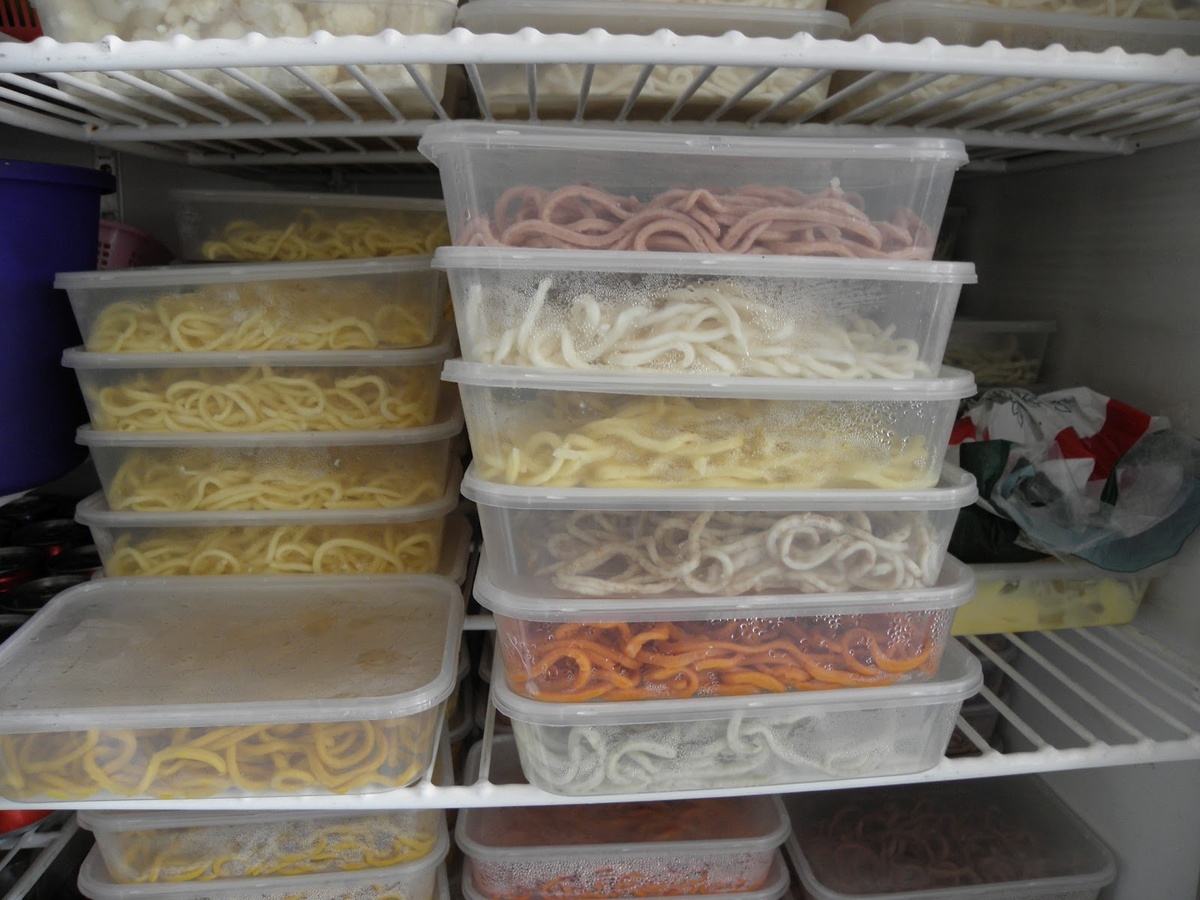

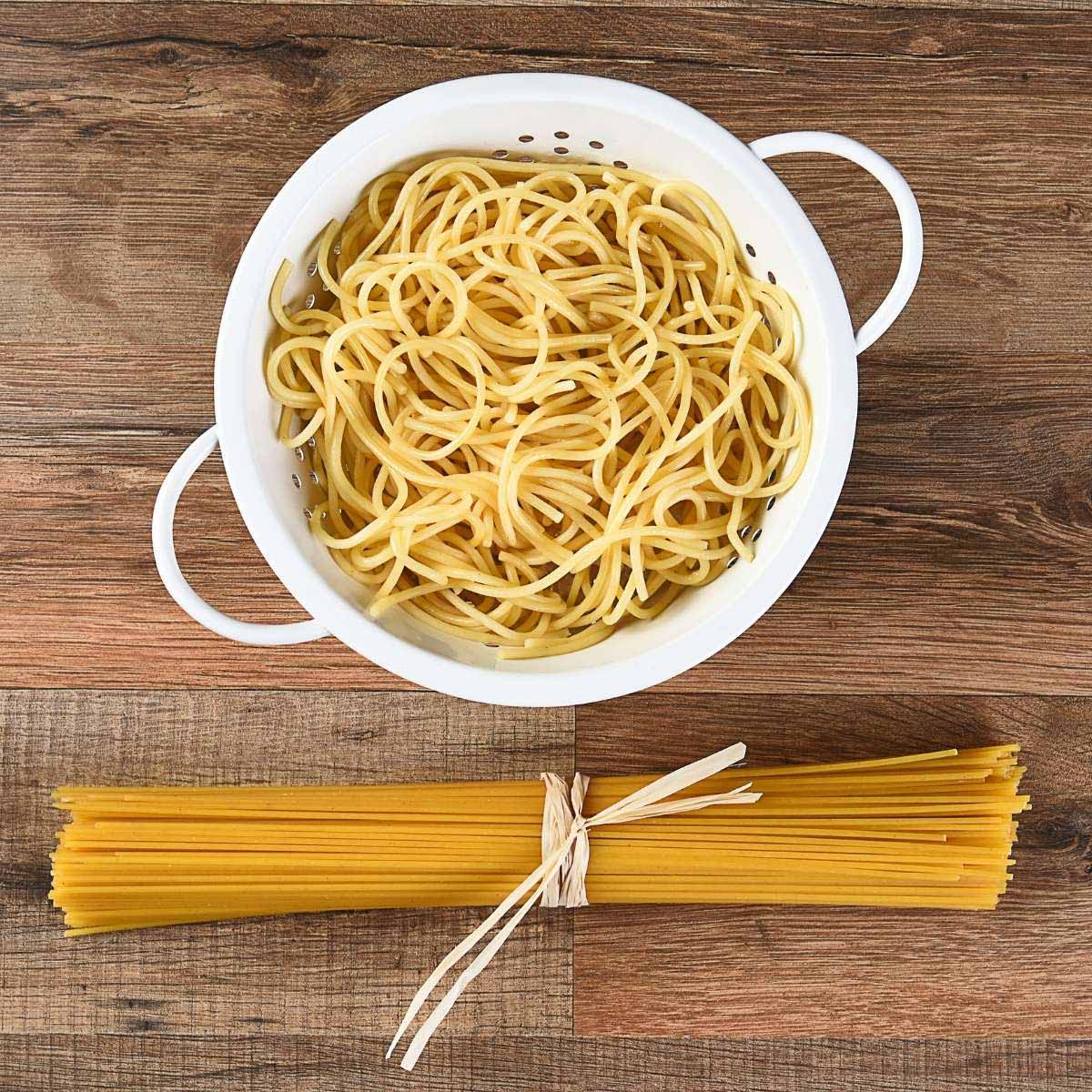
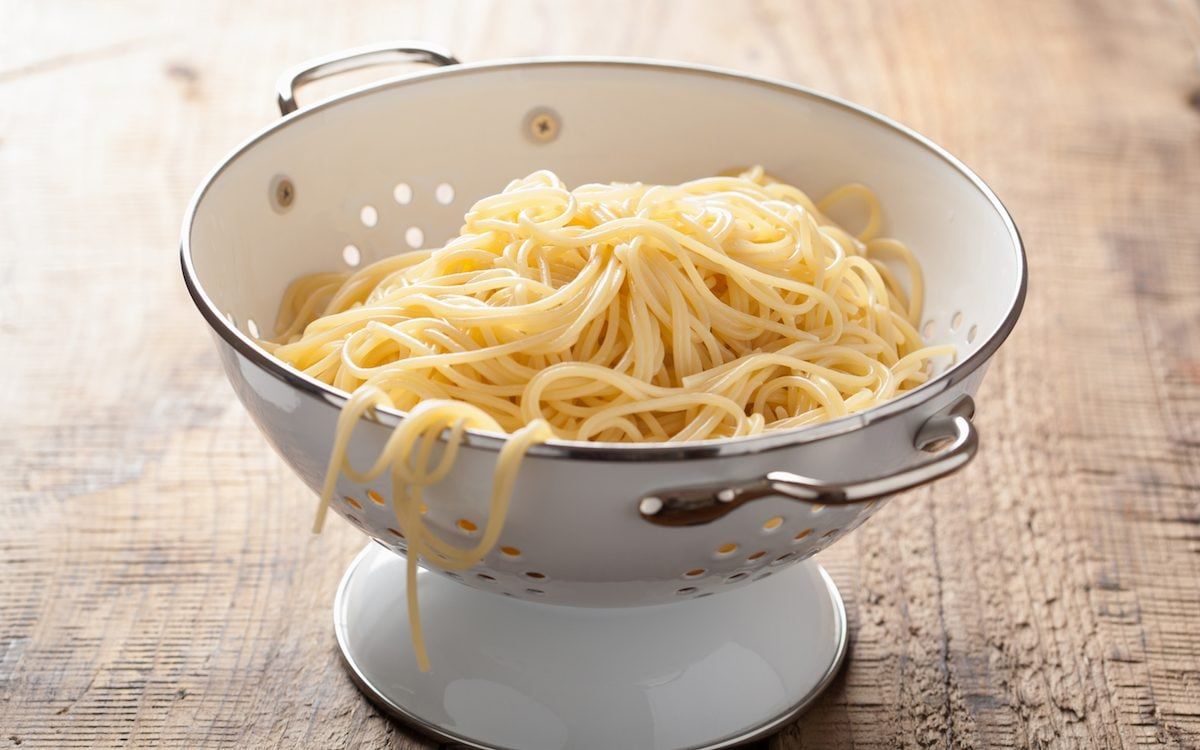


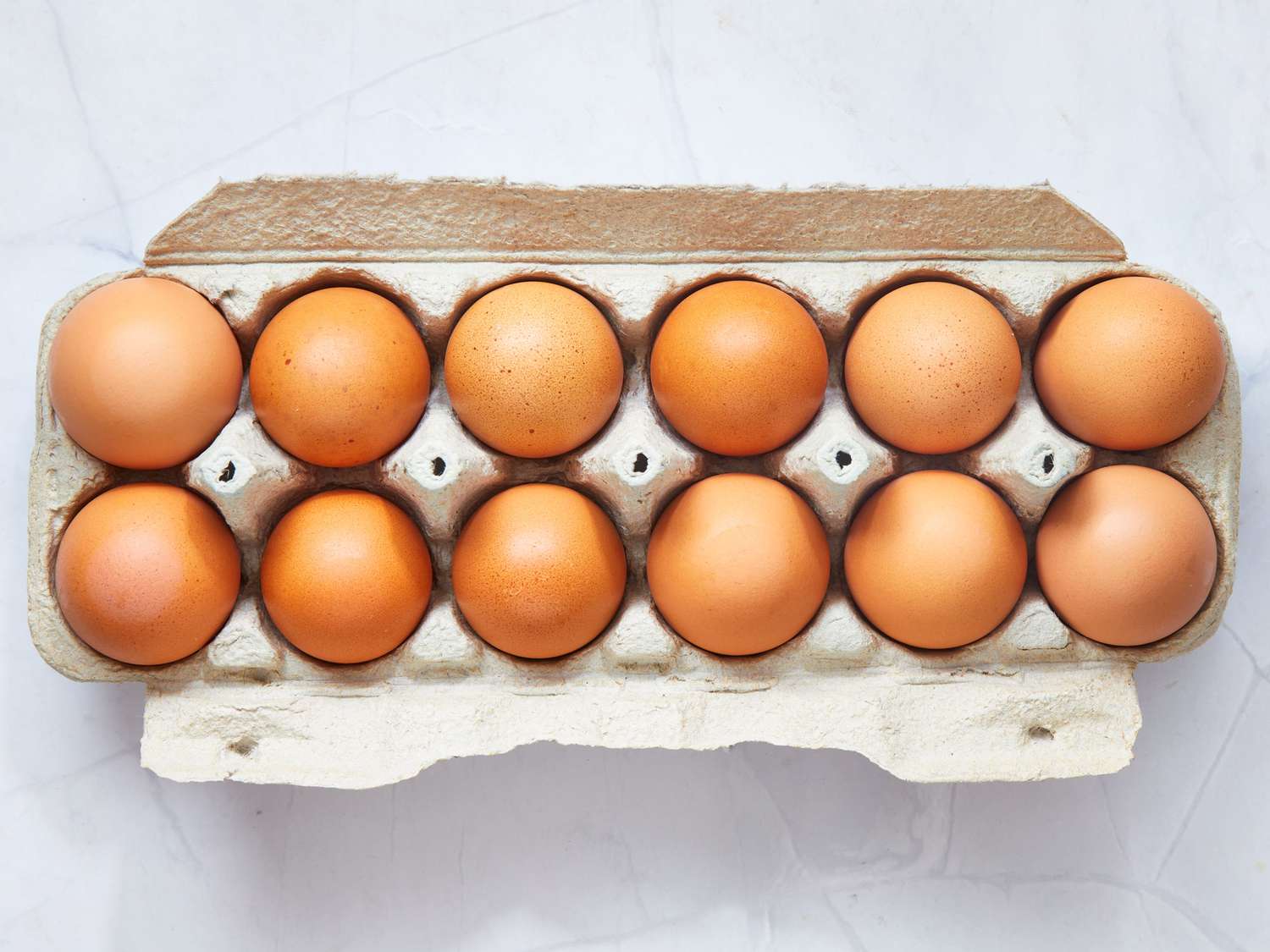
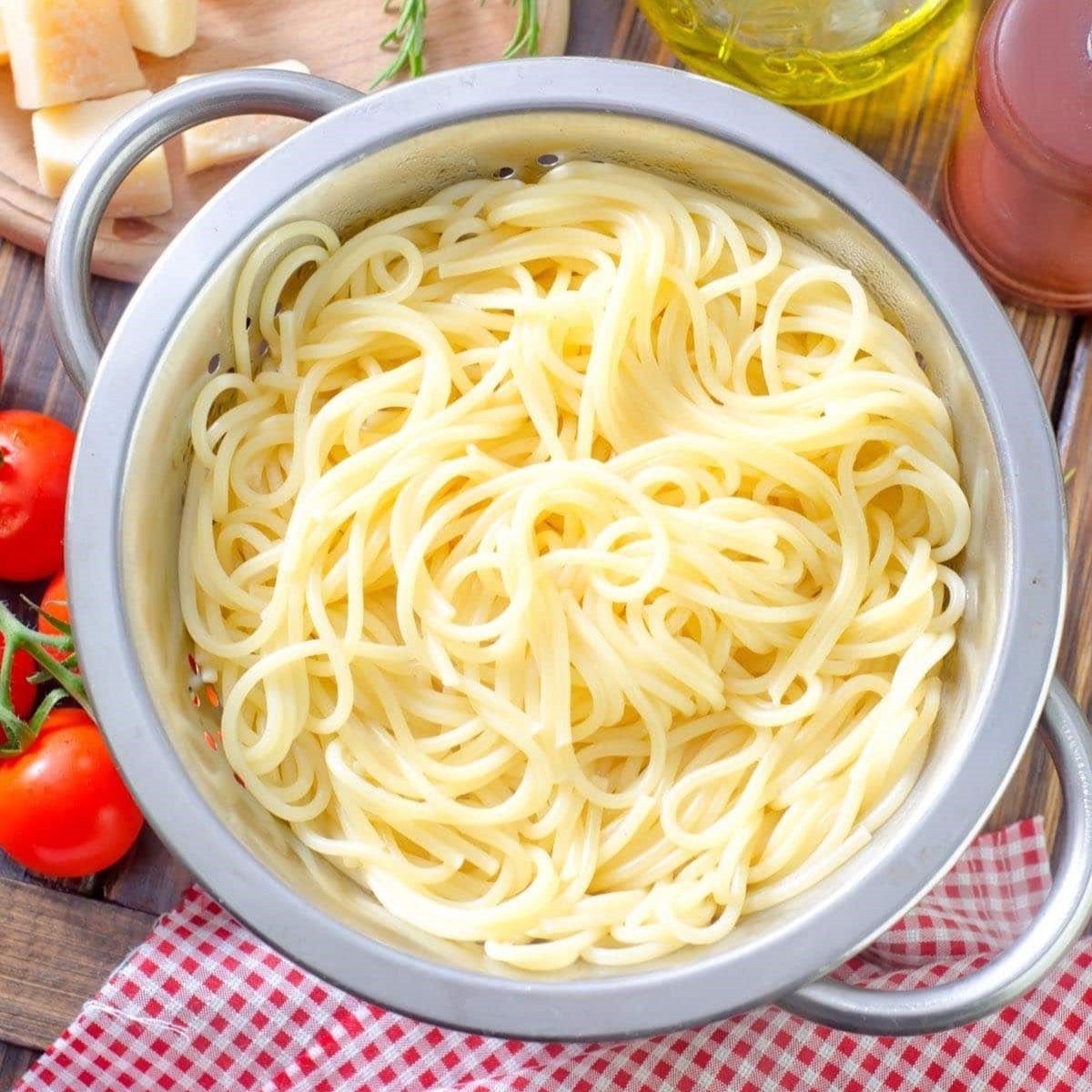
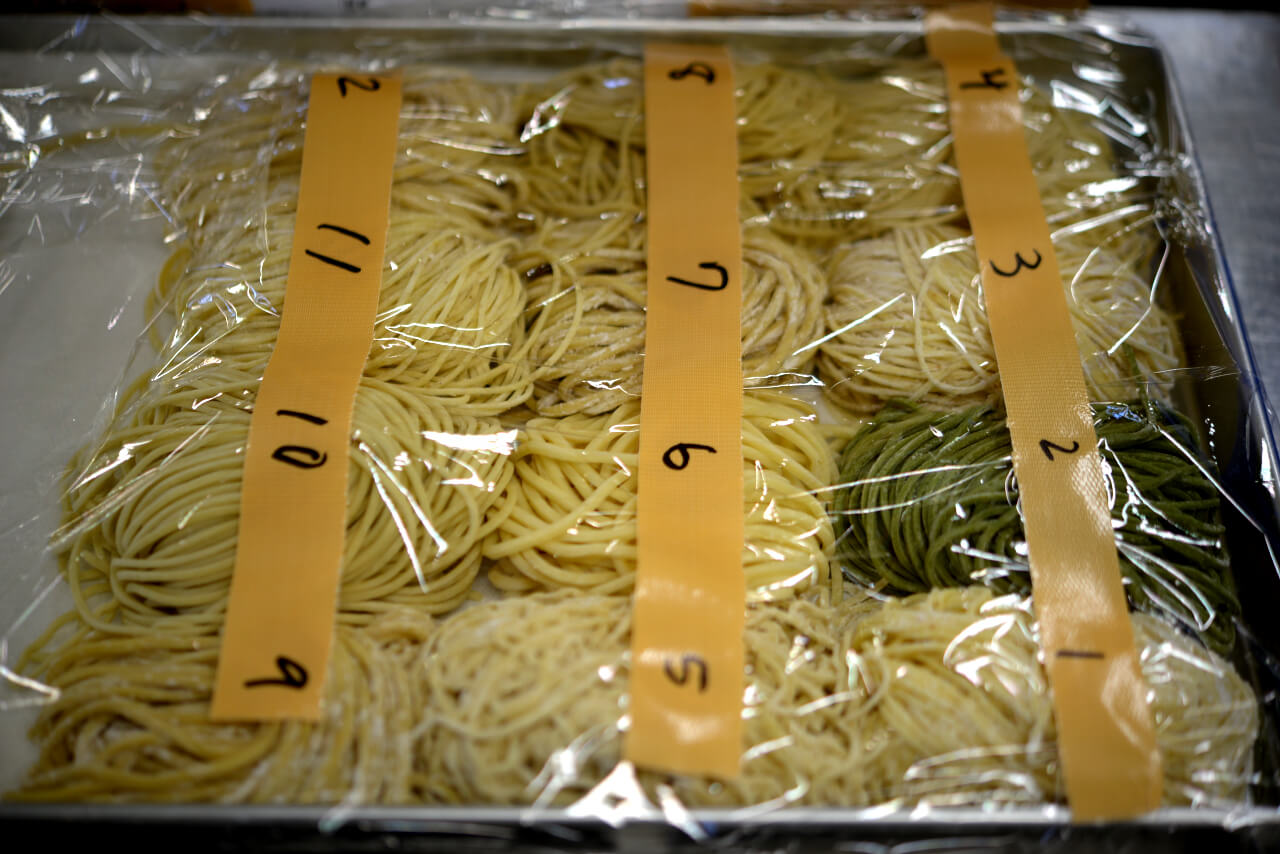
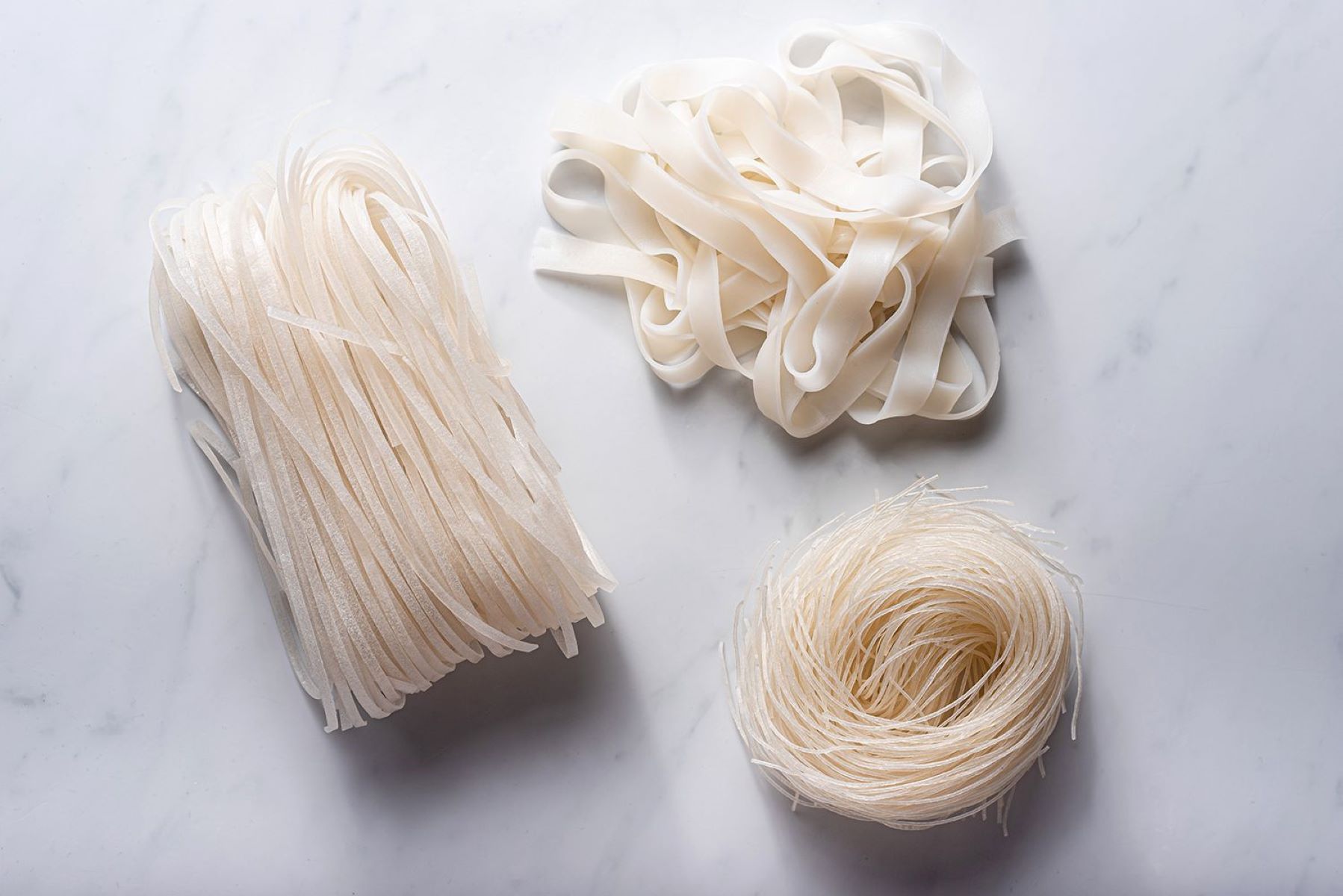
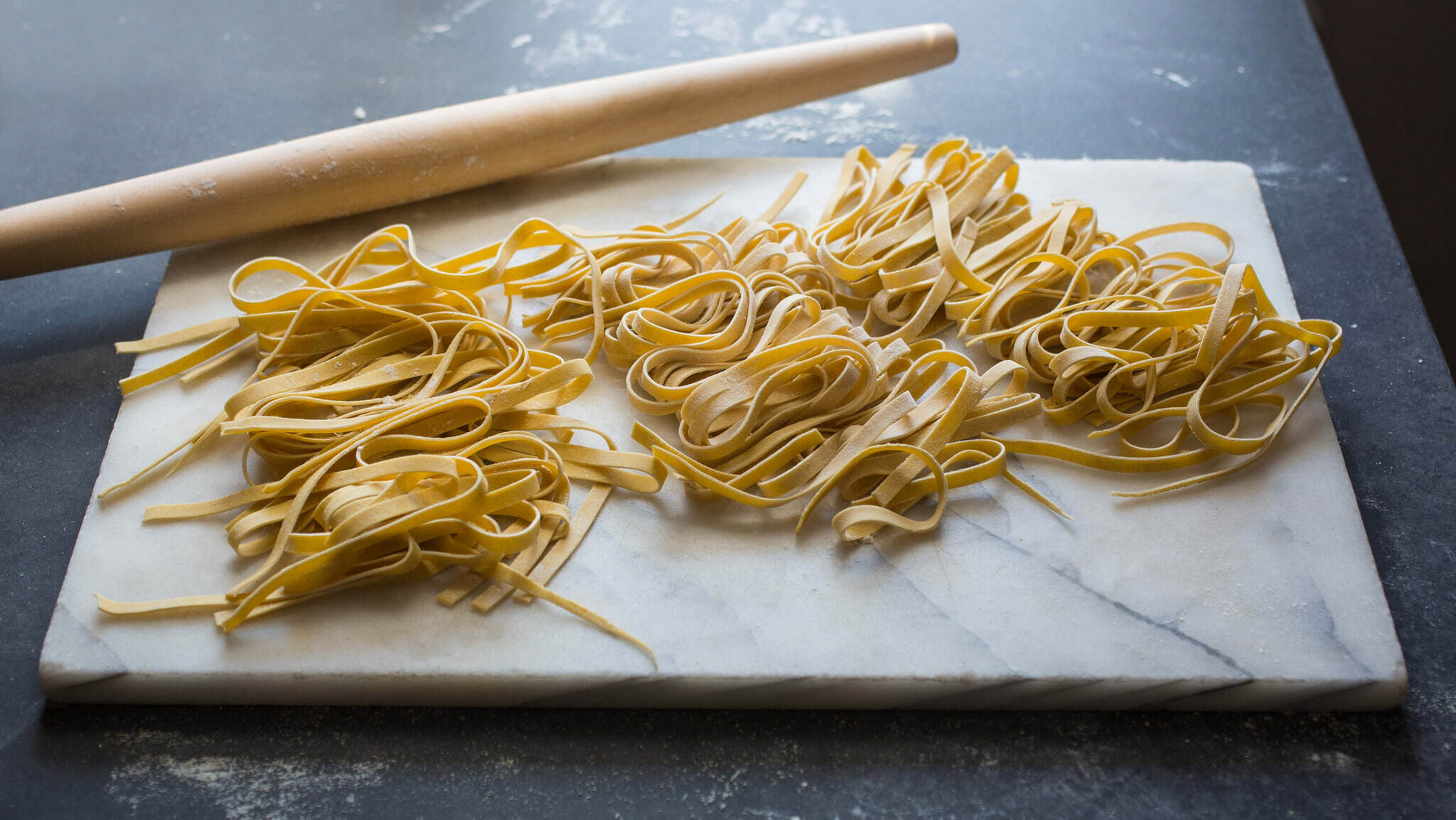
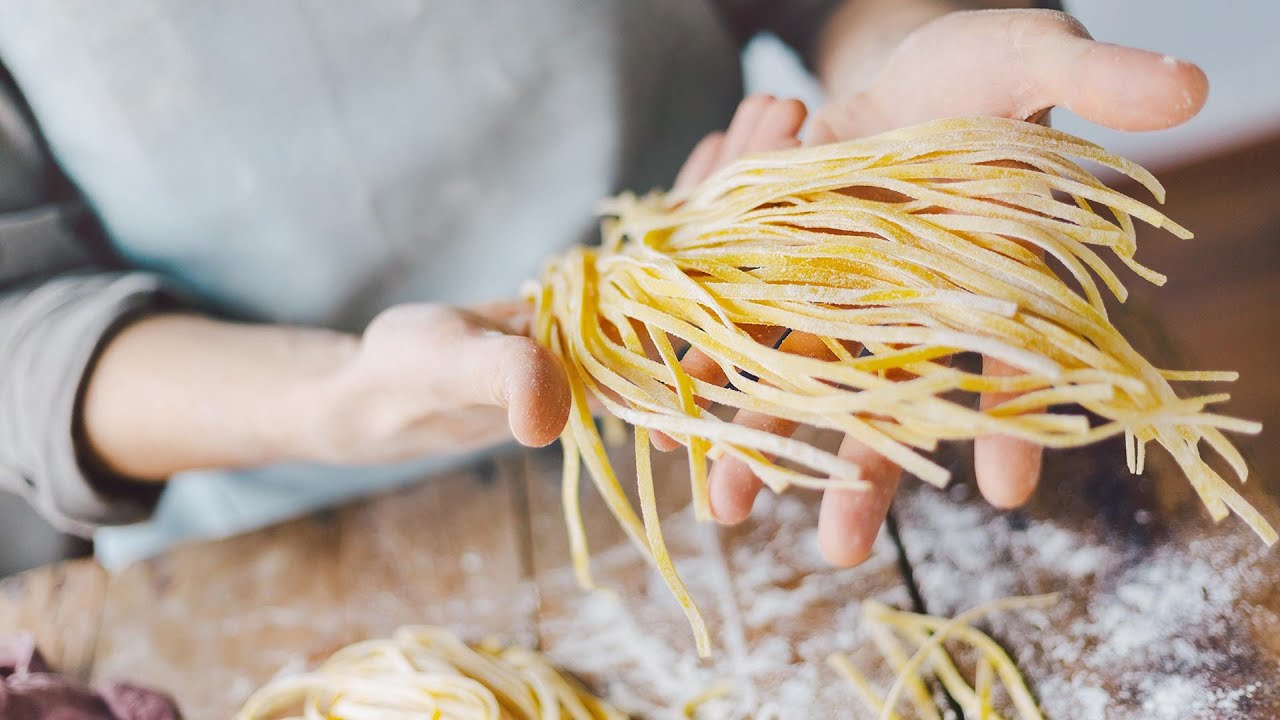


0 thoughts on “How To Store Egg Noodles”